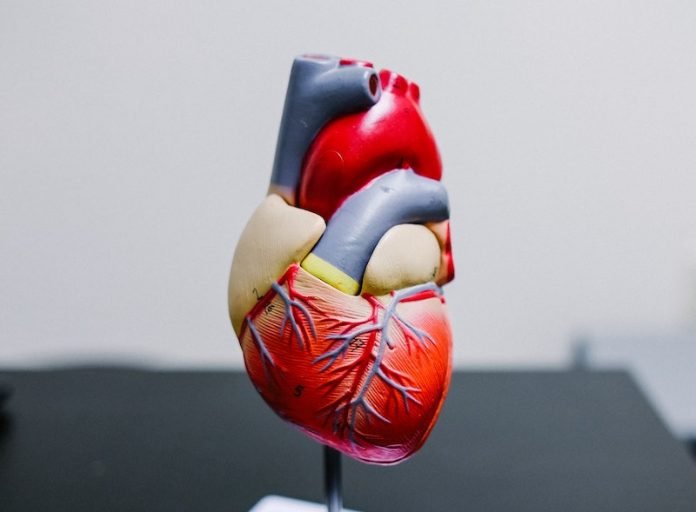
In a new study from Indiana University, researchers challenge standard treatment methods used to prevent muscle damage during heart attack.
They found that a common treatment given to patients experiencing heart attack may not be as successful in halting muscle damage as once thought.
Heart attacks occur when the blood vessel supplying oxygen to the heart muscle—also known as the coronary artery—is suddenly blocked.
In heart attack patients, the amount of heart muscle that is irreversibly damaged is directly linked to how much time elapses between the onset of heart attack symptoms and when the blockage is opened up.
More damage means a higher risk of complications like heart failure after a heart attack.
Therefore, treating heart attacks focuses on opening up the coronary arteries as quickly as possible through a procedure called reperfusion—often with a stent.
The common belief in reperfusion therapy is that once the coronary arteries are opened, the damage to the heart muscle is stopped. However, according to the team, that is not always the case.
In the study, the team examined blood samples of heart attack patients obtained before and after they received reperfusion therapy.
Using cardiac magnetic resonance imaging (cardiac MRI), they noninvasively found which patients experienced hemorrhage within their heart muscle following reperfusion.
A key protein called troponin is known to go up with heart muscle damage; in patients with heart muscle hemorrhage, troponin values rose more rapidly reaching higher values when compared to patients without hemorrhage.
The team also found that hemorrhage is directly involved in the extent of infarction after reperfusion.
The team asserts that infarct size is not only determined by restricted blood supply to the heart, but also by the effects of reperfusion therapy.
They say that for physicians, having an awareness of the role reperfusion can play on continued muscle death can help in providing better treatment to patients in the future.
If you care about heart health, please read studies about how to control your cholesterol to prevent heart attacks and strokes, and common food that could strongly increase heart disease risk.
For more information about heart health, please see recent studies about dietary supplements that could prevent heart disease, stroke, and results showing this inexpensive drug combo can protect your heart health, prevent stroke.
The study is published in the Journal of the American College of Cardiology. One author of the study is Rohan Dharmakumar, Ph.D.
Copyright © 2022 Knowridge Science Report. All rights reserved.




